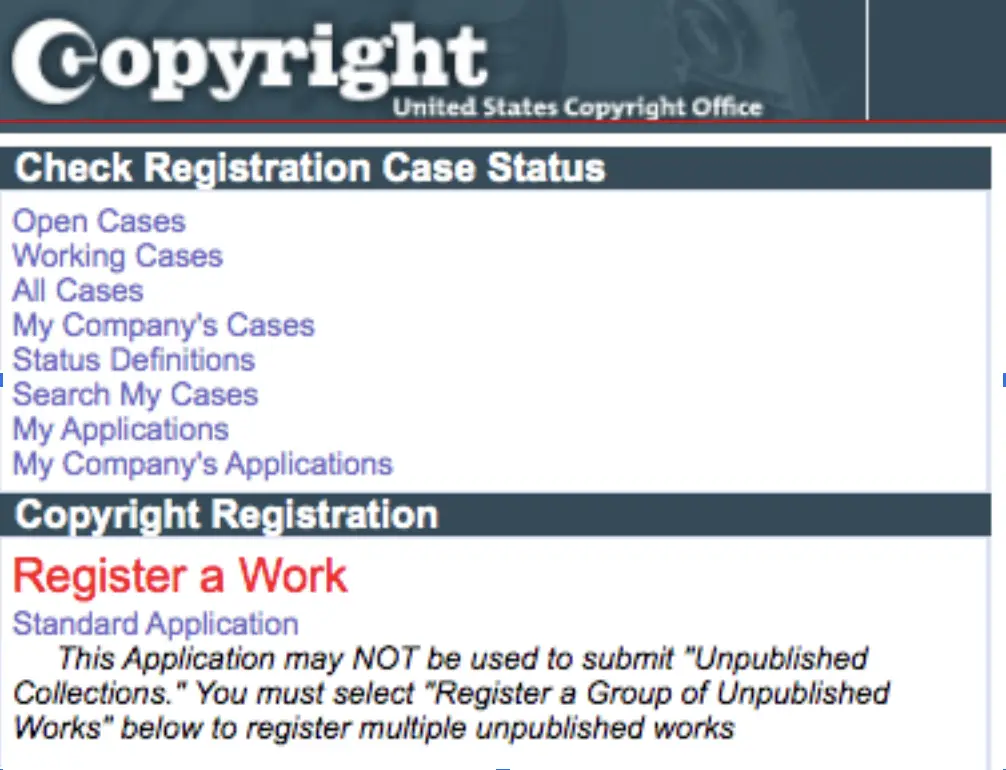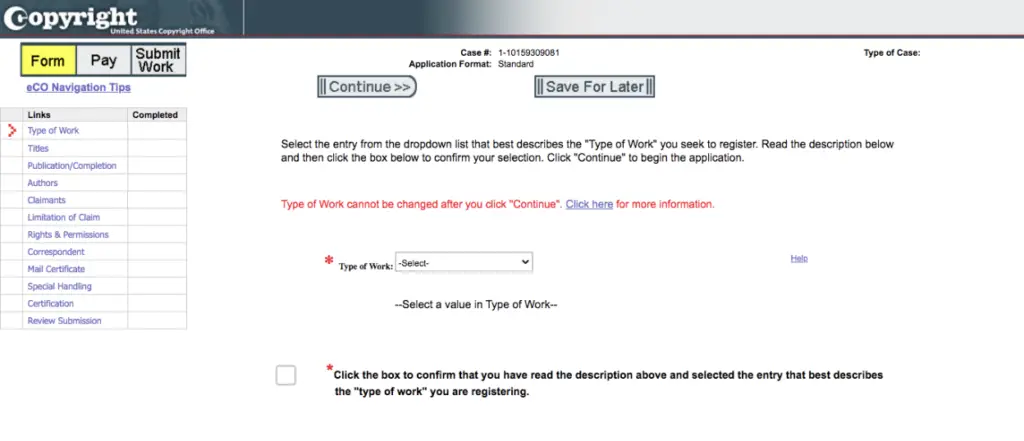As a writer, you’ve no doubt heard about copyrights. And maybe you’ve wondered if you need one to protect your precious writing from being stolen. While it’s unlikely your greatest worry is story theft, there are other reasons to copyright your work. And not every book needs to be registered with the Copyright Office.
So, let’s take a look at what copyrights are all about to determine who needs one and why.
What is a Copyright?
A copyright is a legal protection for your work. When you copyright your original work, it is guaranteed to be your intellectual property. If anyone tries to claim your work is theirs or they use your work unlawfully, you have legal remedies available because you can prove you own the rights to your work.
Your copyright allows you to reproduce, print, distribute, sell, promote, and display or perform your work in whatever way you see fit. You can sell or transfer your copyright to another, such as to a publisher via a contract.
Your copyright covers the work for your lifetime and extends for seventy years after you die.
According to US copyright law, copyrights protect “original works of authorship.” This applies to any “tangible medium” — anything literary, dramatic, musical, or artistic.
However, you cannot copyright words, phrases, or slogans (some of those can be trademarked, but that’s not applicable to protecting a book manuscript).
Copyrights don’t apply to ideas, either. I imagine there are plenty of writers who’ve claimed someone “stole” their idea — a plot or premise for a story.
But even if a hundred best-selling authors wrote a book based on the same plot line or story idea, none of those resulting books would be the same as another.
So if you’re worried someone will steal your great idea, rest assured: no one can write your book the way you would. Still, feel free to keep your idea secret to avoid idea theft!
Do You Need a Copyright?

But is it worth the time and money to register your work and get a copyright? First off, you can’t register your work until it’s published (and the Copyright Office suggests registering within three months after release). So you don’t need to concern yourself with protecting your manuscript when you’re sending it out to agents or publishers.
If someone infringes on your copyright after you’ve published, if your work isn’t already protected and you want to sue for compensation, you will still need to register the work with the Copyright Office before you can proceed.
Second — and this might surprise you — your work is under copyright protection as soon as you write one line … as long as you have it recorded on an electronic device, such as a computer or iPad. This is because there is a trail of evidence showing you wrote the material and when — though, again, the chances of anyone claiming they wrote your book are slight.
Even if you’ve only written one brilliant line, that’s protected. The line isn’t — you can’t claim that a clever turn of phrase is yours to use alone. But when that line grows into part of a larger work, then it’s the work in total that is copyrightable.
So, when would you need a copyright?
Common Author Name
If you have a common author name, and you’re worried that another author might claim your work, copyrighting will distinguish you from any other person using the same name and identify you as the authentic creator of the book.
Pen Names
A pen name can pose issues. I register all my historical Western romance novels (but none of the novels penned under my usual author name C. S. Lakin) because I use a pseudonym — Charlene Whitman.
There is always the possibility that a person with that name might try to claim she’s the author of my series.
When you register for a copyright, there is a section that asks if you are using a pen name. Registering the work, will therefore link your pen name with your legal name so you will have proof that you, indeed, are the author of that specific book.
How to Copyright a Book
Back in the day, writers had to stuff their printed manuscripts into a large envelope, stick a ton of stamps on it, and mail it to the Library of Congress to ensure their work would be copyrighted.
And, hence, protected in case anyone claimed the work was theirs.
In this tech age, copyrighting a book is easy and only requires access to the internet. However, you can still mail in a print application if you’re “old school.”
Writers also used to just mail a printed copy of their book to themselves so they would have proof of authorship with a postmark on the envelope (called a poor man’s copyright). Don’t do that. It’s not permissible anymore. And it’s a waste of stamps.
A Copyright Office Guide
It doesn’t take much time to set up an account with the online site for the Copyright Office, and once it’s set up, you merely log in and follow the prompts:

For a book copyright, you choose “Literary Words,” then click on “Register a Literary Work.”

From there, you fill out a number of short fields on multiple pages, working your way down the left navigation bar items. Choose “Standard Application.”
If you are registering a singular work you wrote without collaboration, choose “Register One Work by One Author.”

While most manuscripts can be uploaded as an electronic file, some require mailing a physical copy of the book, so be sure to check your eligibility for e-filing. The cost for standard copyright of a book is $65 US.
If you opt to mail in your printed manuscript, you’ll need to download and fill out the appropriate form. Note, though, that the cost to register via hard copy is significantly costlier (at the time of writing this post, it’s $125).
If you live in or plan to publish in other countries, you’ll need to research copyright laws specific to that region.
How To Prepare Your Book to Copyright
Copyright Notification
Before uploading or mailing your book, be sure you have a copyright page in the front of your book. Among the many items that page displays, a copyright notification sits at the top.
You’ve seen them. They state your book’s title and subtitle, followed by the copyright symbol and the year published. For example: © 2021 Charlene Whitman (you would use your pen name here, if applicable).
Copyright Disclaimer
You should also have a standard copyright disclaimer, which varies depending on whether you are writing fiction or nonfiction.
There is no one way to word this, but, essentially, if you are writing fiction, you are stating that the book is a work of fiction and the characters are fictional.
Nonfiction disclaimers might ignore addressing the fact the book is nonfiction and instead just prohibit reproduction and distribution of the book unless written permission has been granted.
You can find examples of these boiler-plate disclaimers online and inside the covers of books. Take a look at what authors who write books like yours have for their disclaimer.
Writers should want to protect their intellectual property, but US law, these days, makes copyright practically automatic.
Take the time to read the information at the Copyright Office website to see if copyrighting your book is for you.


